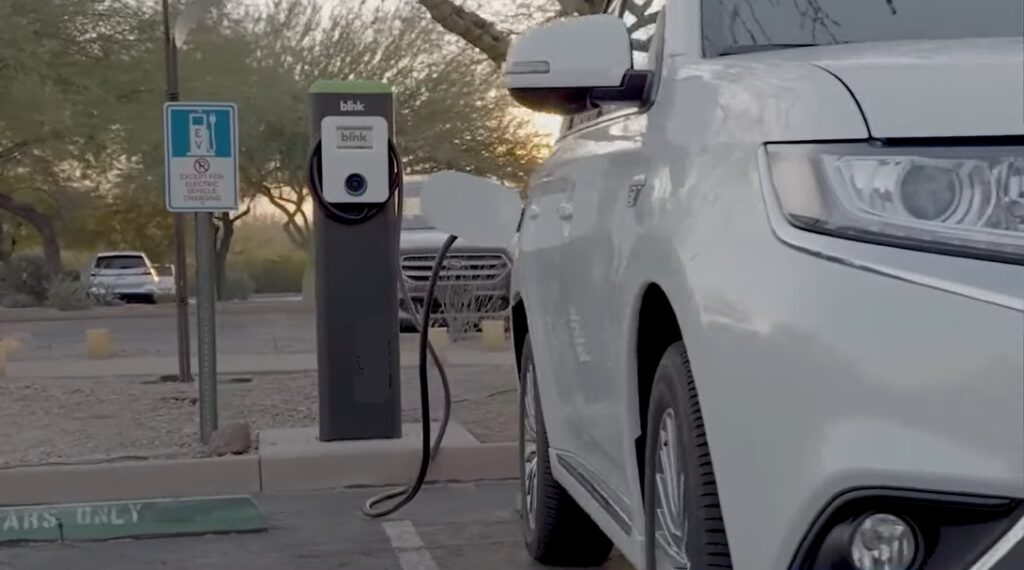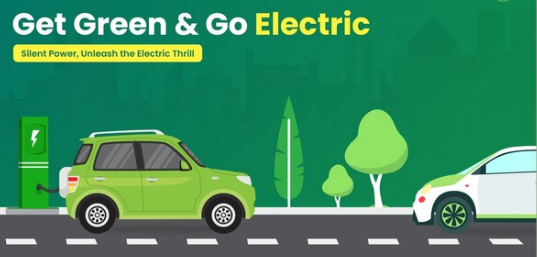The future of Electric Vehicles: Why we need electric vehicles
For years, CNG (Compressed Natural Gas) was hailed as a cleaner alternative to petrol and diesel, especially in cities like Delhi, where air pollution is a serious concern. However, recent findings by the International Council on Clean Transportation (ICCT) have shattered this belief. The study reveals that CNG vehicles emit nitrogen oxides (NOx) at levels 1.5 to 14 times higher than BS6 standard vehicles, challenging the notion that CNG is a cleaner fuel. This startling revelation underscores the need to rethink our approach to combating vehicle pollution and consider more sustainable solutions.
Table of Contents
The Urgent Need for Electric Vehicles in India
The future of electric vehicles (EVs) is poised to transform the global transportation landscape. As pollution levels rise, the urgency to transition to cleaner modes of transportation has never been greater. Electric Vehicles (EVs) offer a promising solution, providing a zero-emission alternative to traditional internal combustion engine (ICE) vehicles. The Indian government has recognised this need, introducing the Electric Mobility Promotion Scheme (EMPS) 2024, which replaces the FAME Phase 2 subsidies. This move aims to accelerate the adoption of EVs across the country, but the question remains: Are we moving fast enough?
Challenges to EV Adoption: What’s Holding Us Back?
Despite the government’s push and the clear environmental benefits, EV adoption in India faces significant challenges. The high upfront cost of EVs, concerns about battery life and performance, and the lack of sufficient charging infrastructure are some of the major hurdles. Additionally, misinformation and myths surrounding EVs, such as fears of running out of charge or the perceived lack of power compared to ICE vehicles, further deter potential buyers.
The Reality of EV Charging Infrastructure

The future of electric vehicles (EVs) is intricately linked to the expansion of robust charging infrastructure. One of the most significant barriers to EV adoption is the inadequate charging infrastructure. While public charging stations are crucial, studies show that around 80-85% of EV charging happens at home or at the workplace. However, many residential societies and workplaces in India are not equipped or are unwilling to set up the necessary charging infrastructure. This resistance from Resident Welfare Associations (RWAs) and the lack of standardized guidelines at the local level make it difficult for EV owners to charge their vehicles conveniently.
Debunking Myths About Electric Vehicle Performance
There are several misconceptions about the performance of electric vehicles that prevent potential buyers from making the switch. Concerns about battery life, charging time, and vehicle range are often cited. However, modern EVs have made significant advancements. Many new models offer ranges of 400-450 km on a single charge, which is more than sufficient for daily commuting and even long-distance travel. Additionally, the quality of EVs has improved dramatically, with better acceleration, power, and overall driving experience compared to earlier models for the future of electric vehicles.
The Future of Mobility: Why EVs Are the Only Way Forward

The shift to electric vehicles is not just a trend; it’s an essential transition for the future of our cities and the planet. As technology continues to improve and costs decrease, EVs will become more accessible to a broader range of consumers. Moreover, the environmental benefits of EVs, even when considering the electricity required for charging, far outweigh the emissions from traditional ICE vehicles. The need for sustainable mobility solutions like EVs becomes increasingly critical.
How Government Policies Can Accelerate EV Adoption
The future of electric vehicles (EVs) is being shaped significantly by government policies aimed at promoting sustainability and reducing carbon emissions. Government policies play a crucial role in driving the mass adoption of EVs. Incentives such as subsidies, tax breaks, and awareness campaigns are essential, but they are only part of the solution. India needs robust supply-side policies as well, such as mandating a certain percentage of vehicle sales to be electric and setting long-term phase-out targets for ICE vehicles. These measures would encourage manufacturers to invest in EV production and expand their electric vehicle portfolios.
Addressing Concerns About EV Batteries and Sustainability
The future of electric vehicles (EVs) is closely tied to advancements in EV batteries. One of the common concerns about EVs is the environmental impact of battery production and disposal. However, studies have shown that over their lifecycle, EVs are still significantly cleaner than ICE vehicles, even when powered by electricity from fossil fuels. Additionally, advancements in battery technology and recycling are helping to address sustainability concerns. Many EV batteries can be repurposed for energy storage after their automotive life, extending their usability and reducing waste.
The Path to a Cleaner Future
Rising air pollution in India’s cities poses a significant threat to public health and the environment. The adoption of electric vehicles is not just an option; it’s a necessity. While challenges remain, the combination of improved technology, supportive government policies, and increased public awareness can accelerate this adoption of EVs. The future of mobility in India is electric, and the sooner we embrace this change, the better it will be for our cities and our planet. The future of electric vehicles (EVs) promises to reshape transportation as we know it. The future of electric vehicles (EVs) is paving the way for a cleaner, more sustainable world.
- Tata Punch on Road Price 2024: Breakdown: Which Model Suits You Best?

- Tata Punch EV 2024: Detailed Review of Features, Battery Options, and Pricing in India

- US Auto Market Size Current State 2024: What’s Really Happening?

- The future of Electric Vehicles VS CNG: Moving Beyond the CNG Myth for a Greener Future by 2030

- Wings Robin EV: India’s Most Affordable Electric Car 2024

- Xun’s 800 KW EV Superchargers: The Game-Changer for Australia’s EV Market


